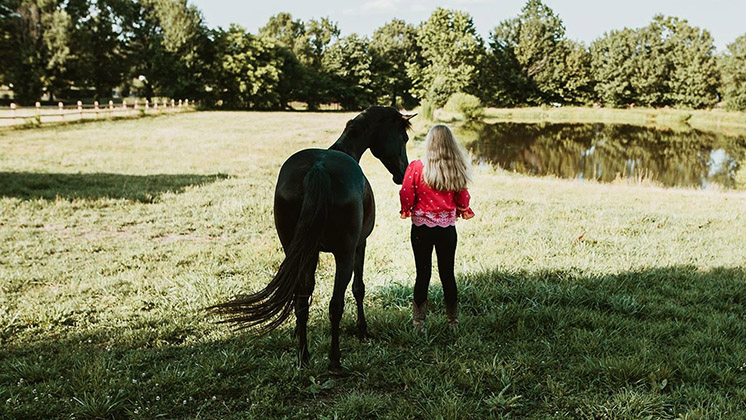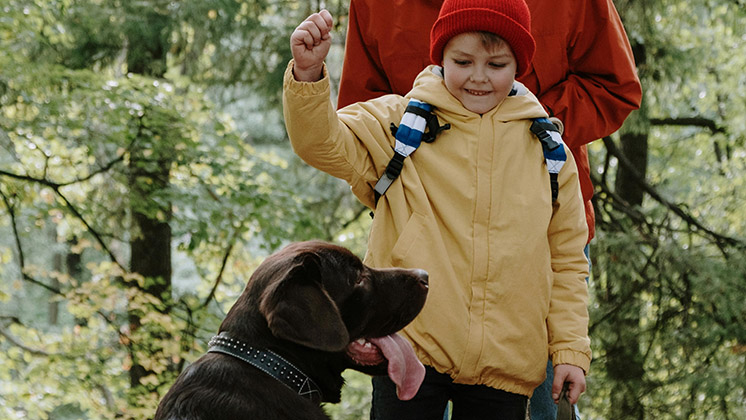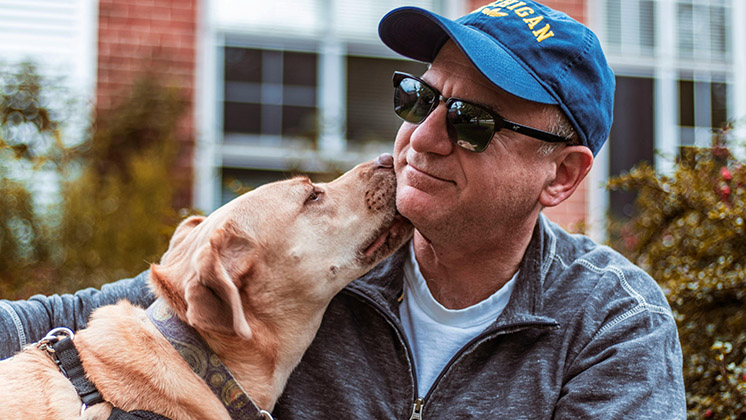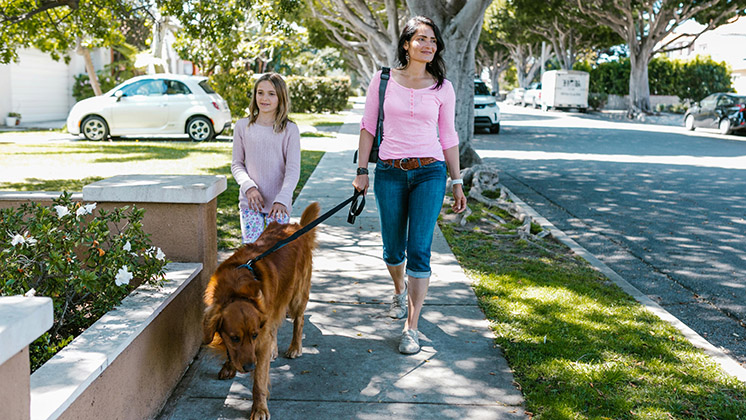How Horses Help Adolescents Build Resilience

Imagine harnessing the calm and powerful presence of a horse to heal deep emotional scars during a psychotherapy session. This is exactly what Equine Assisted Psychotherapy (EAP) offers, and a 2020 study explores how one program incorporates it to help adolescent girls facing challenging pasts.
Why ACEs Matter
Adverse Childhood Experiences, like abuse or parental substance issues, can haunt individuals well into adulthood, impacting mental health and relationships. Traditional therapies often help, but EAP stands out for its unique approach: blending traditional psychotherapy with the silent yet expressive presence of horses.
How Does EAP Work?
EAP involves building trust and communication with a horse under the guidance of therapists and equine specialists. Horses are naturally attuned to nonverbal cues. For a teen who says, “I’m fine” but is actually anxious, a horse might react with behaviors like walking away or showing agitation, nudging the teen to align their internal and external states.
Key Findings of the Study
- Creating Routine and Safety: The program emphasized consistency—regular schedules, familiar horses, and supportive adults. This stability helped the girls feel seen and safe, essential for healing from unpredictable pasts.
- Building Support Networks: Teens developed new ways of relating through positive peer interactions and support from adults. They felt accepted and formed relationships based on mutual respect and shared challenges.
- Acknowledging Emotions, Promoting Action: Horses facilitated the recognition of difficult emotions like anger and fear, encouraging the girls to channel these feelings toward constructive action rather than dwelling on past trauma.
- Goal-Oriented Growth: The program encouraged setting achievable goals, which empowered the participants to break cycles of negative self-talk and fostered resilience in overcoming life's hurdles.
Why It Matters
This study illuminates how a program that incorporates EAP can transform how young people connect, communicate, and build confidence. By partnering with horses, adolescents learn empathy, self-reflection, and the power of having a voice, vital for developing resilience that transcends the therapy setting.
Conclusion
EAP isn’t just about psychotherapy—it’s about crafting a safe space where healing is tangible, where resilience is communicated not only through words but through trust, actions, and relationships with these magnificent animals. It shows that sometimes, the best way to rediscover our own strength is through the quiet understanding of a horse.
Read the Research Paper
This article was based on the research of Dr. Leanne Nieforth and the HAPI lab. Read the research:
Suggested Articles

Exploring Canine-Assisted Interactions for Children with ADHD
Discover how canine-assisted interventions, paired with cognitive behavioral therapy, enhance social skills in children with ADHD, fostering better human interactions and engagement.
Read more
How Service Dogs Help (and Challenge) Caregivers
Discover how mobility and medical alert service dogs impact caregivers, offering emotional support and stress relief but also introducing challenges like maintenance and travel, as revealed in this insightful study.
Read more
How Service Dogs Transform the Lives of Families with Autistic Children
Discover how service dogs transform the lives of families with autistic children by fostering social connections, offering emotional support, and enhancing family dynamics, as highlighted in recent research.
Read more
